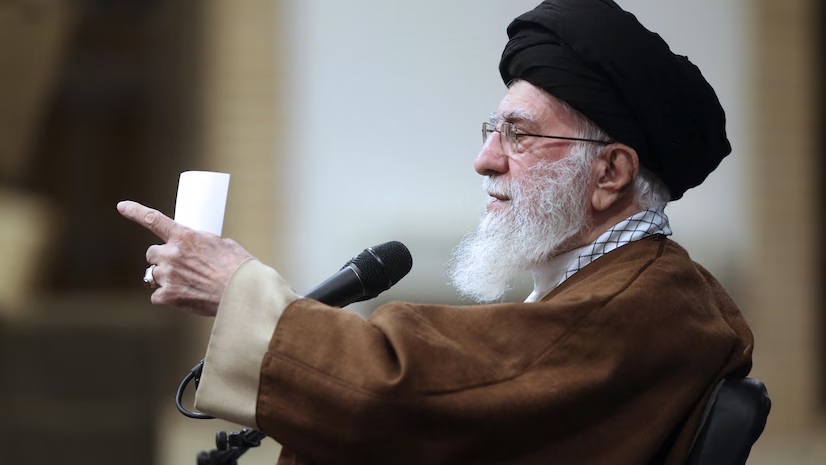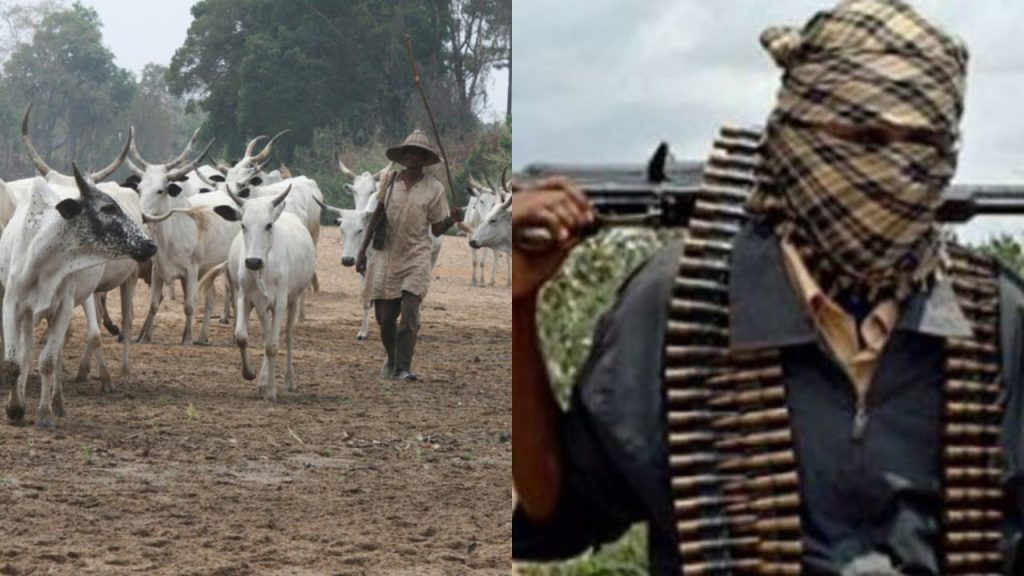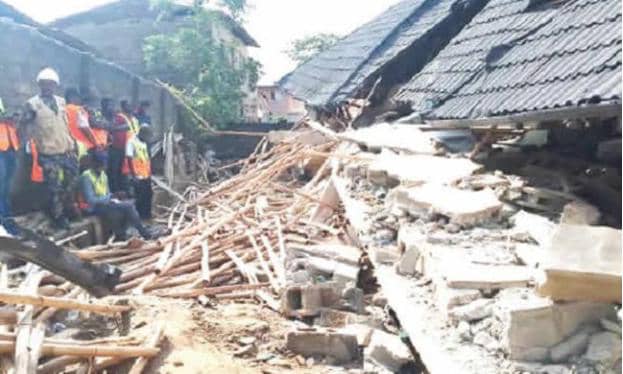News
No mercy for Israel: Khamenei’s warning fuels conflict fears

Iran’s Supreme Leader, Ayatollah Ali Khamenei, issued a forceful warning on Wednesday, June 18, 2025, stating that the Islamic Republic would not show mercy toward Israel’s leadership.
His comments came shortly after former U.S. President Donald Trump demanded Iran’s “unconditional surrender.”
“We must deliver a firm response to the terrorist Zionist regime.
“The Zionists will receive no mercy from us,” Khamenei wrote on X (formerly Twitter), signaling Tehran’s uncompromising stance.
The statement followed a sharp escalation in hostilities in the region.
Last week, Israel initiated a large-scale bombing campaign targeting Iranian territory.
The strikes reportedly hit sensitive military and nuclear infrastructure as well as residential neighborhoods.
They marked a significant intensification in the long-standing conflict between the two nations.
In retaliation, Iran launched a series of missile and drone attacks.
On Wednesday morning, Iranian officials confirmed they had deployed hypersonic missiles aimed at Israeli targets.
This reportedly escalated fears of a broader regional conflict, further.
The situation has attracted sharp international attention.
On Tuesday, Donald Trump, in a provocative address, called for Iran’s complete and unconditional capitulation.
He also claimed that the U.S. has accurate intelligence on Khamenei’s location and implied that the Iranian leader’s life could be at risk.
“We know exactly where he is,” Trump stated.
“He’s safe for now, but our patience is wearing thin.”
The past few days have seen a rapid escalation in violence.
Tensions boiled over last Friday when Israeli fighter jets carried out coordinated airstrikes on various sites across Iran.
The targets reportedly included high-value military and nuclear installations, prompting an immediate and forceful response from Tehran.
Iran’s counterattacks have included a series of missile barrages and drone strikes aimed at Israeli territory.
The Israeli government reported that at least 24 of its citizens have died as a result of the Iranian offensives, and hundreds more have been wounded.
Iran, for its part, claims it has suffered far greater losses.
According to Iranian authorities, Israeli strikes have killed at least 224 people and injured over 1,000.
These figures include both military personnel and civilians, as residential areas were among those struck during Israel’s bombing campaign.
As both sides continue to exchange fire, the possibility of further escalation looms large.
The conflict has already drawn international concern, with regional powers and global actors watching closely.
Analysts warn that continued hostilities could spiral into a wider war, potentially drawing in allies from both sides and destabilizing the broader Middle East.
Khamenei’s statement, coupled with Trump’s inflammatory remarks, underscores the high-stakes nature of the current confrontation.
While Israel maintains its right to self-defense, Iran portrays its actions as legitimate retaliation against aggression targeting its sovereignty.
The international community has called for restraint, urging both Tehran and Tel Aviv to step back from the brink.
However, with rhetoric intensifying and military operations continuing, the path to de-escalation appears uncertain.
In summary, the recent surge in violence between Israel and Iran has dramatically heightened tensions in the region.
Both sides have suffered casualties, with Israel reporting 24 dead and Iran claiming at least 224 fatalities.
As Iranian leadership vows zero tolerance for Israeli leadership and the U.S. issues veiled threats toward Tehran, the situation remains volatile and potentially explosive.
For Diaspora Digital Media Updates click on Whatsapp, or Telegram. For eyewitness accounts/ reports/ articles, write to: citizenreports@diasporadigitalmedia.com. Follow us on X (Fomerly Twitter) or Facebook












